Mortgage contracts in the Philippines
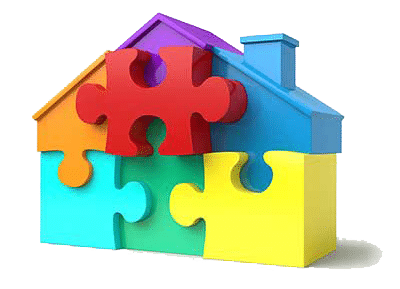
An understanding of mortgage law is important before entering into any contract.
One of the problems with the law is that people don’t understand it.
Even lawyers, who have actually studied and practiced it for years, argue with each other about what the law means.
So it isn’t surprising that many people enter into a contract like a mortgage agreement without understanding that the provisions of that contract have limits fixed by law.
A mortgage is one of the kinds of contracts specially regulated by Philippine law. Because it is regulated, the signatories to a mortgage cannot just decide among themselves what their rights and obligations are in their mortgage contract. The terms of a mortgage contract should not violate the regulations set by the Civil Code of the Philippines or else those terms will be invalid.
It’s the sort of thing that gives rise to nasty and protracted litigation. This is one of the reasons why people entering into loan agreements, whether as debtor or creditor, should have a basic understanding of the law on mortgage contracts.
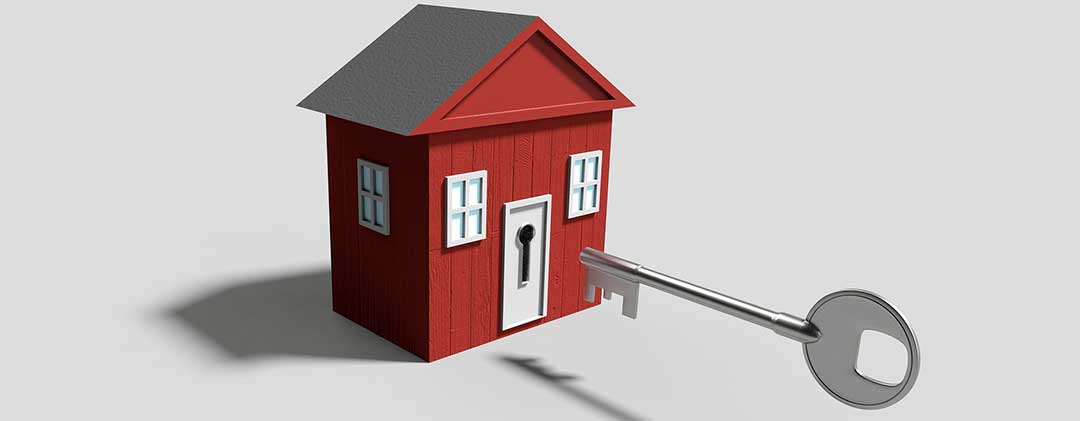
You’ll have problems if your mortgage contract is not valid.
What follows is not meant to be an exhaustive discussion of all aspects of the mortgage law, but a brief primer to enable anyone to understand its basic aspects. A simple mortgage contract is also included, and the comments are open for any questions.
Contents
- Who are the parties to a mortgage agreement?
- What is a mortgage?
- What does a mortgage do to the property?
- What are the requirements for a mortgage?
- What is the form of a mortgage contract?
- What does a mortgage contract look like?
- Is there such a thing as an unwritten mortgage?
- What happens in case the debtor fails to pay the principal debt secured by the mortgage?
Who are the parties to a mortgage agreement?
A mortgagor is the one whose property is offered as security. He must be the absolute owner of the property mortgaged. A mortgagee is the one who accepts the security of the property. The mortgagor is typically the debtor and the mortgagee is typically the creditor.

Who are the parties to a mortgage?
However, third persons who are not parties to the principal obligation may secure it by mortgaging their own property.
What is a mortgage?
A mortgage is a contract through which a debtor gives security for the fulfillment of a principal obligation to a creditor. This is done by designating an immovable property (like a house and lot) or real rights over immovable property as answerable for the principal obligation. In case that obligation is not fulfilled in the time agreed on, the designated property or rights will be publicly auctioned and the obligation shall be satisfied with the proceeds of the sale.

What is a mortgage contract?
The essence of a contract of mortgage indebtedness is that a property has been identified or set apart from the mass of the property of the debtor-mortgagor as security for the payment of money or the fulfillment of an obligation to answer the amount of indebtedness, in case of default of payment.[1]
A valid mortgage should be annotated on the Title to the property at the Register of Deeds in order to be valid against third persons (those not party to the contract), and so create a real right enforceable against the whole world.
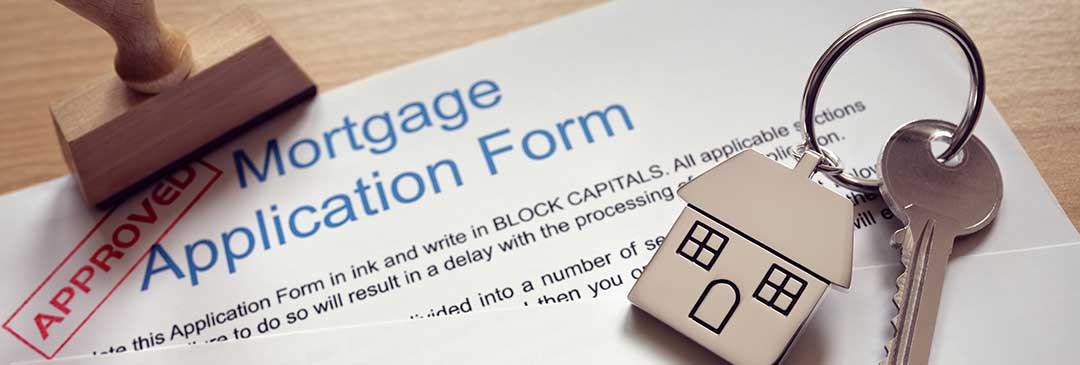
Annotate the Title at the Registrar of Deeds.
The mortgage follows the property regardless of change of ownership or possession. This means that, even if the mortgaged property passes into the ownership or possession of someone other than the mortgagor, the mortgagee still has a right to satisfaction from the property if it is foreclosed.
What does a mortgage do to the property?
The real nature of a mortgage is described in Article 2126 of the Civil Code:
Art. 2126. The mortgage directly and immediately subjects the property upon which it is imposed, whoever the possessor may be, to the fulfillment of the obligation for whose security it was constituted.
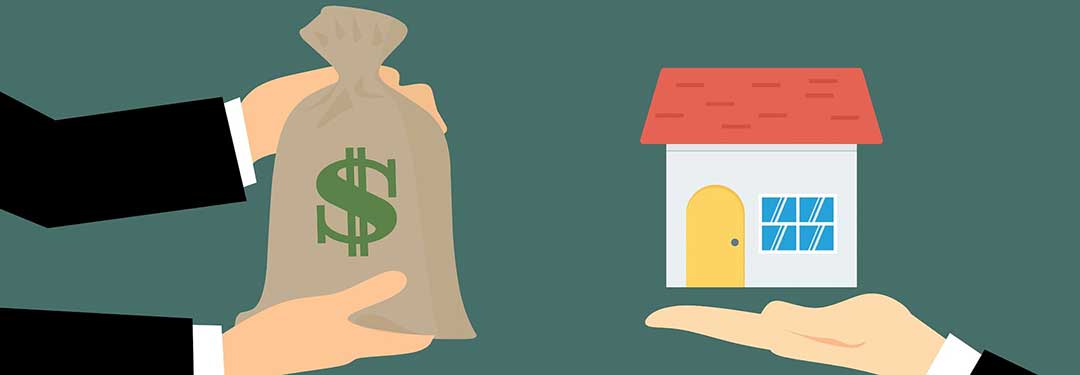
Mortgage is attached to the property.
A mortgage creates a real right which follows the property even if the property is transferred by the mortgagor to someone else. The sale or transfer of the mortgaged property cannot affect or release the mortgage. A transferee is necessarily bound to acknowledge and respect the mortgage. In fact, the mortgage on the property may still be foreclosed despite the transfer:
Art. 2129. The creditor may claim from a third person in possession of the mortgaged property, the payment of the part of the credit secured by the property which said third person possesses, in terms and with the formalities which the law establishes.
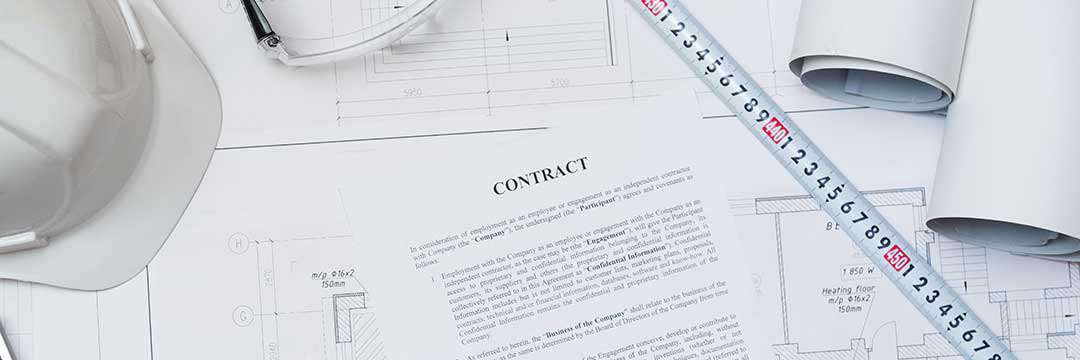
Mortgage is the responsibility of any new owner.
What is more, a mortgage has a full scope. A mortgage covers not just the property by itself, but also extends to the natural accessions, to the improvements, growing fruits, and the rents or income not yet received when the obligation becomes due. It also covers to the amount of the indemnity granted or owing to the proprietor from the insurers of the property mortgaged, or in virtue of expropriation for public use, with the declarations, amplifications and limitations established by law, whether the estate remains in the possession of the mortgagor, or it passes into the hands of a third person.[2]
What are the requirements for a mortgage?
(1) A mortgage is an accessory contract to a principal obligation. In order to exist, a mortgage must be constituted to secure the fulfillment of that principal obligation;
(2) The mortgagor must be the absolute owner of the thing pledged or mortgaged;
(3) The persons constituting the mortgage must have the free disposal of his property, or be legally authorized for the purpose.

A few simple requirements for mortgage.
Third persons who are not parties to the principal obligation may secure the latter by pledging or mortgaging their own property.[3]
What is the form of a mortgage contract?
It is a written contract. It is indispensable that the document in which the mortgage appears to be recorded in the Registry of Property (this makes it enforceable against the whole world). If it is not recorded, the mortgage is nevertheless binding between the parties.

A mortgage is a written document.
The contract should be notarized in order to be a public document. When having it notarized, the parties should each appear in person before a notary public and present valid identification bearing their photograph and signature. (A community tax certificate (CTC) or sedula is by itself not considered competent identification.) If these rules on identification and notarization are not followed, the authenticity of the mortgage contract might be denied by one of the parties.
What does a mortgage contract look like?
This is an example of a very simple, but valid mortgage contract. It is important to note that mortgage contracts can be written simply or in greater detail to reflect the particular agreement of the parties and the specific protections that they want to add or include.
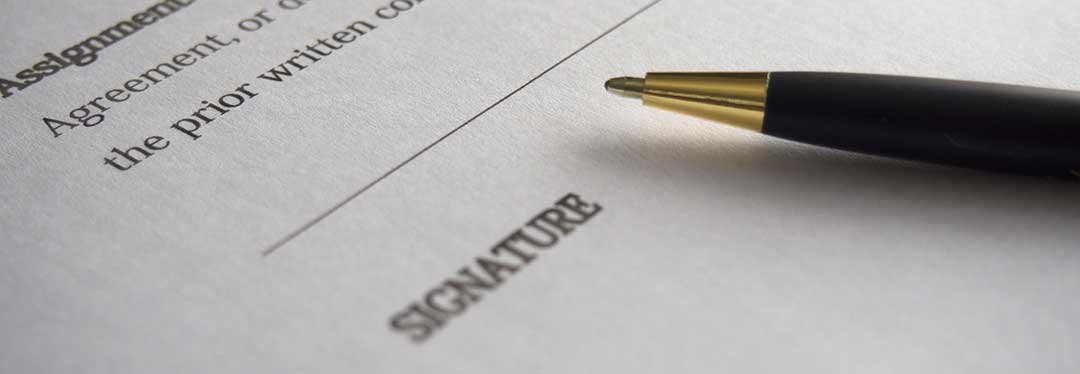
A pen at the signature line of a contract.
It is also important to remember that a mortgage agreement should be annotated on the Title to the property at the Register of Deeds in order for it to be effective against persons who are not a party to the contract.
Download Sample Mortgage Agreement
Is there such a thing as an unwritten mortgage?
There are specific situations where the law deems a mortgage to have been constituted even absent the formal requirements. In such a case, there is deemed to be an “equitable mortgage”.
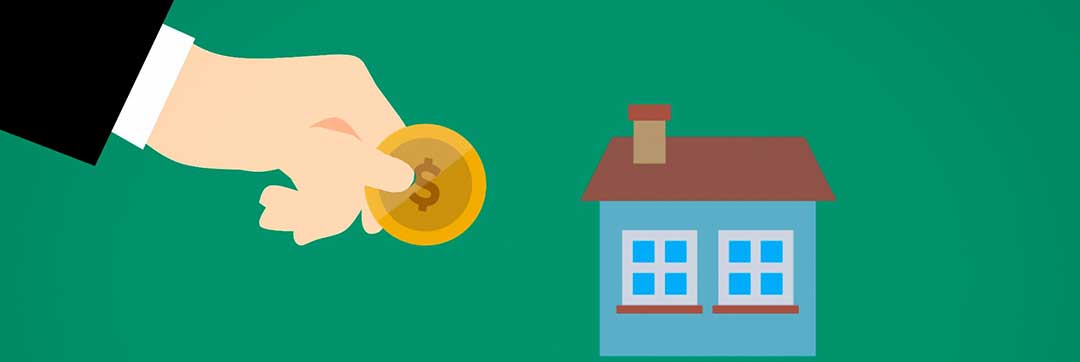
Sometimes, an unwritten mortgage will occur.
An equitable mortgage has been defined as one which although lacking in some formality, or form or words, or other requisites demanded by the law, nevertheless reveals the intention of the parties to charge real property as security for a debt, there being no impossibility nor anything contrary to law in this intent.[4]
A situation is deemed an equitable mortgage where:
- the parties entered into a contract denominated as a contract of sale; and,
- their intention was to secure an existing debt by way of a mortgage.

Examples of unwritten mortgages are below.
Article 1602 of the Civil Code provides examples of such situations:
The contract shall be presumed to be an equitable mortgage, in any of the following cases:
(1) When the price of a sale with right to repurchase is unusually inadequate;
(2) When the vendor remains in possession as lessee or otherwise;
(3) When upon or after the expiration of the right to repurchase another instrument extending the period of redemption or granting a new period is executed;
(4) When the purchaser retains for himself a part of the purchase price;
(5) When the vendor binds himself to pay the taxes on the thing sold;
(6) In any other case where it may be fairly inferred that the real intention of the parties is that the transaction shall secure the payment of a debt or the performance of any other obligation.
In any of the foregoing cases, any money, fruits, or other benefits to be received by the vendee as rent or otherwise shall be considered as interest which shall be subject to the usury laws.

Anyone of the above makes the transaction an unwritten mortgage.
Anyone of the circumstances laid out in Article 1602 is sufficient to support the conclusion that a contract of sale is, in fact, an equitable mortgage. This approach follows the rule that when doubt exists on the nature of the transaction, the law favors the least transmission of property rights.[5]
What happens in case the debtor fails to pay the principal debt secured by the mortgage?
There is a misconception that, if the mortgagor is unable to pay, the property immediately passes into the ownership of the creditor. This is not so.
A demand should be made on the mortgagor to pay the debt due. If he fails, then the property can be foreclosed.

When the mortgagor cannot pay, a house can be foreclosed.
There are two modes of foreclosure, judicial and extra-judicial (although in fact they both make use of the Court’s offices), each with their own particular procedures.
The effect of foreclosure is not that the mortgagee becomes the owner of the property, but that the property is put up for public auction. It is through bidding at the public auction that the mortgagee can eventually become the owner of the property.
References
[1] Ocampo vs. Land Bank of the Philippines, G.R. No. 164968, July 3, 2009
[2] Article 2127, Civil Code
[3] Article 2085, Civil Code
[4] Rockville Excel International Exim Corp. vs. Spouses Culla, G.R. No. 155716, October 2, 2009
[5] Rockville Excel International Exim Corp. vs. Spouses Culla, G.R. No. 155716, October 2, 2009

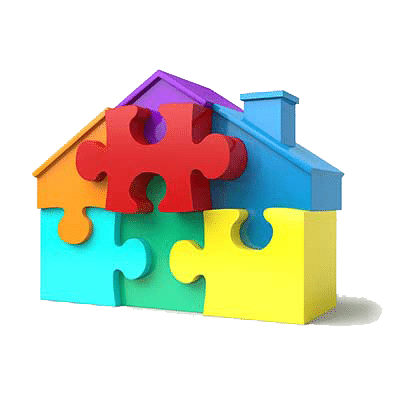




22 Comments